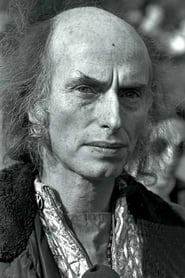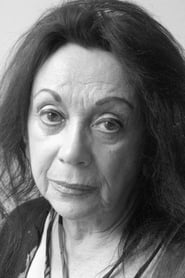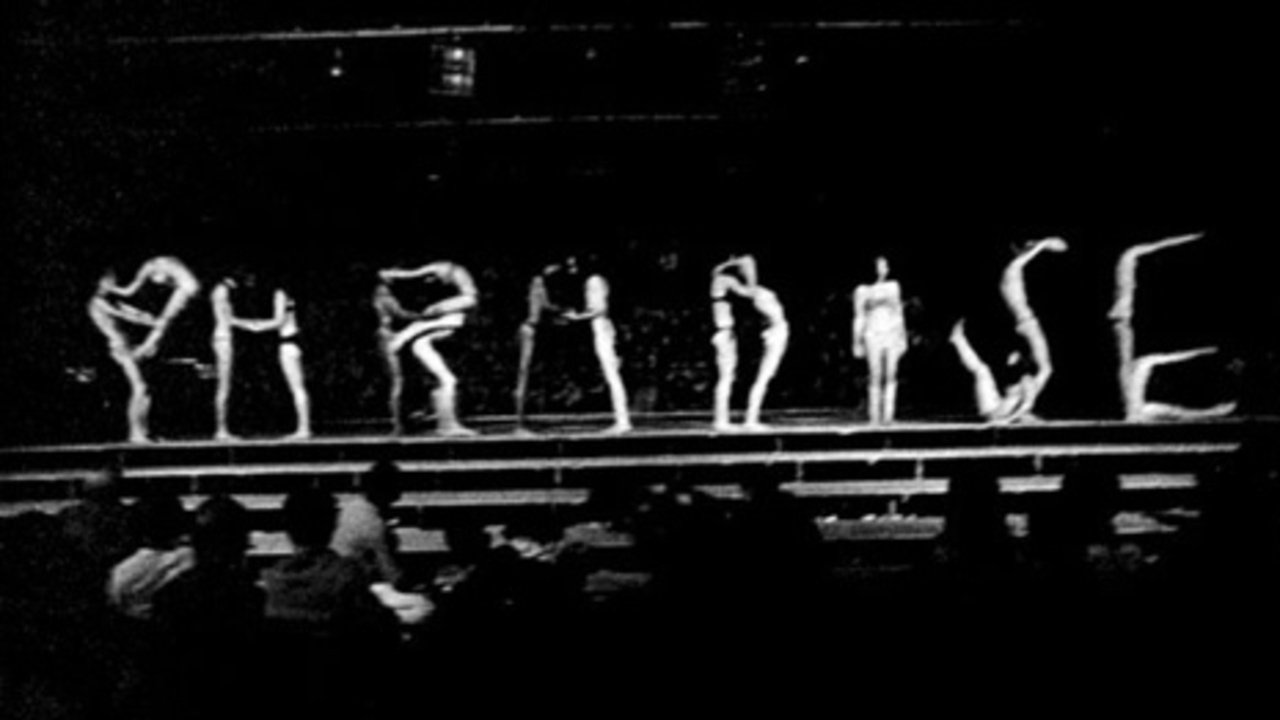
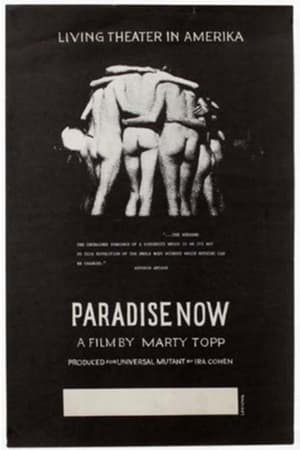
Paradise Now: The Living Theater in Amerika(1969)
A harrowing, gorgeous, in-your-face-and-mind 45-minute black-and-white film by Marty Topp, produced by Ira Cohen for Universal Mutant. “Marty Topp’s beautiful film of ‘Paradise Now’ reveals how the theories of revolutionary change and the experience of sexual liberation are not separate paths to the beautiful nonviolent anarchist revolution. Practiced together they are a single thrust, encompassing both political action and sensual joy, leading to the dreamed-of terrestrial paradise.
Movie: Paradise Now: The Living Theater in Amerika

Paradise Now: The Living Theater in Amerika
HomePage
Overview
A harrowing, gorgeous, in-your-face-and-mind 45-minute black-and-white film by Marty Topp, produced by Ira Cohen for Universal Mutant. “Marty Topp’s beautiful film of ‘Paradise Now’ reveals how the theories of revolutionary change and the experience of sexual liberation are not separate paths to the beautiful nonviolent anarchist revolution. Practiced together they are a single thrust, encompassing both political action and sensual joy, leading to the dreamed-of terrestrial paradise.
Release Date
1969-01-23
Average
0
Rating:
0.0 startsTagline
Genres
Languages:
EnglishKeywords
Similar Movies
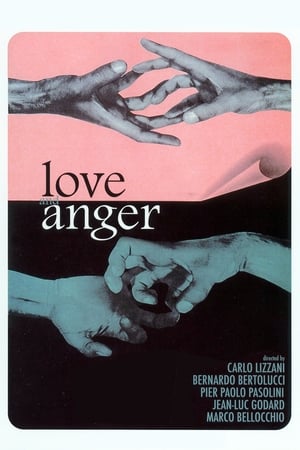 5.2
5.2Love and Anger(it)
Five short stories with contemporary settings. In New York, people are indifferent to derelicts sleeping on sidewalks, to a woman's assault in front of an apartment building, and to a couple injured in a car crash. A man, stripped of his identity, dies in bed with actors expressing his agony. A cheerful, innocent young man walking a city street in a time of war pays a price for this innocence. A couple talks about cinema while it watches another couple talk of love and truth on the eve of one character's return to Cuba. Striking students take over a university classroom; an argument follows about revolution or incremental change.
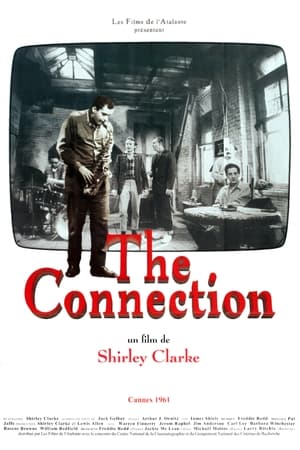 6.3
6.3The Connection(en)
A title card announces that the film is a result of found footage assembled by cameraman J.J. Burden working for the acclaimed documentary filmmaker Jim Dunn, who has disappeared. Leach, a heroin addict, introduces the audience to his apartment where other heroin addicts, a mix of current and former jazz musicians, are waiting for Cowboy, their drug connection, to appear. Things go out of control as the men grow increasingly nervous and the cameraman keeps recording.
 0.0
0.0Emergency: The Living Theatre(en)
a 32-minute color film by Gwen Brown, featuring precious footage of Living Theatre productions “Mysteries” and smaller pieces, “Paradise Now” and “Frankenstein.” “The fusion of Brown’s freewheeling direct cinema and the Living Theatre’s performance for revolutionary change (amidst the heydays of both) unite as a dynamic concoction of the era, yielding for the viewer a shifting terrain of both critical insight and ecstatic zeal, not as a vacant nostalgia for a pre-commodified radicality, but as tactical inspiration for future days.” – Andrew Wilson (Artist’s Access Television)
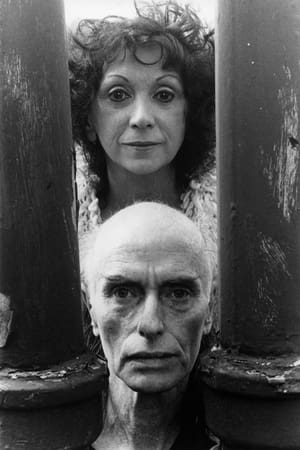 9.0
9.0Rite of Guerrilla Theater(en)
Commissioned work by Julian Beck and members of The Living Theatre (featuring Beck and Judith Malina, co-founders of The Living Theatre, in performance) for broadcast on KQED-TV, San Francisco. The Dilexi Series represents a pioneering effort to present works created by artists specifically for broadcast.
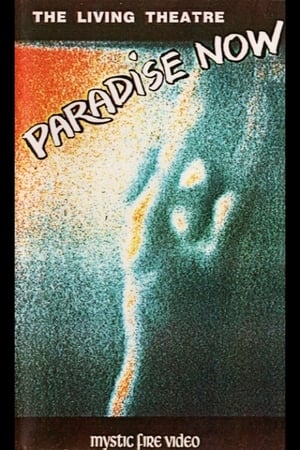 4.2
4.2Paradise Now(en)
At least forty films have been made about the Living Theatre; it remained to the American underground filmmaker Sheldon Rochlin (previously responsible for the marvellous Vali) to make the 'definitive' film about one of the most famous of their works, Paradise Now, shot in Brussels and at the Berlin Sportpalast. Made on videotape, with expressionist colouring 'injected' by electronic means, this emerges as a hypnotic transmutation of a theatrical event into poetic cinema, capturing the ambiance and frenzy of the original. No documentary record could have done it justice.
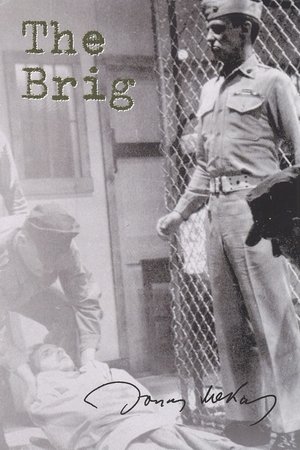 6.6
6.6The Brig(en)
An ultra-realistic depiction of life in a Marine Corps brig (or jail) at a camp in Japan in 1957. Marine prisoners are awakened and put through work details for the course of a single day, submitting in the course of it to extremely harsh and shocking physical and mental degradation and abuse.
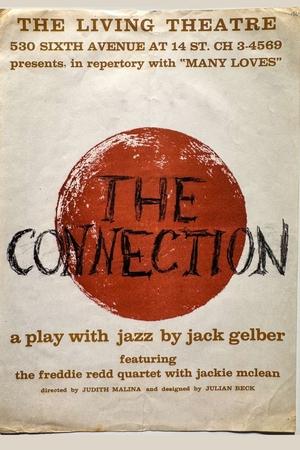 0.0
0.0The Connection(en)
A professional recording of the official play. The play has a play-within-a-play format, with characters Jim Dunn as the "producer" and Jaybird as the "writer" attempting to stage a production about the underbelly of society using "real" addicts. Some of the addicts are jazz musicians. They all (except for the "producer", "writer", and two "photographers") have one thing in common: they are waiting for their drug dealer, their "connection". The dialogue of the characters is interspersed with jazz music.
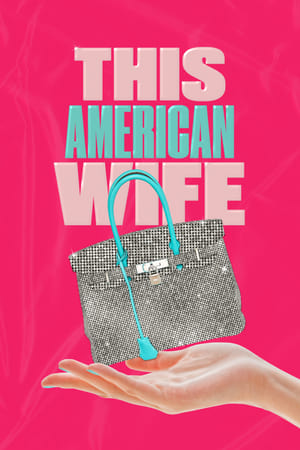 8.0
8.0This American Wife(en)
The body of a Real Housewife is an apparatus, an assembly of parts—hair, lips, dress, falsies, mic pack, cell phone, wine stem, camera, restaurant, brand, identity. This body is maintained and degraded, intoxicated and cleansed, in seasons and cycles, systems of supply and denial. The self needs a medium. Who cares who you are when you’re alone anymore?
 0.0
0.0Cour d'honneur de Jérôme Bel - Avignon 2013(fr)
Jérôme Bel's show features the memories of spectators at the Avignon Festival.
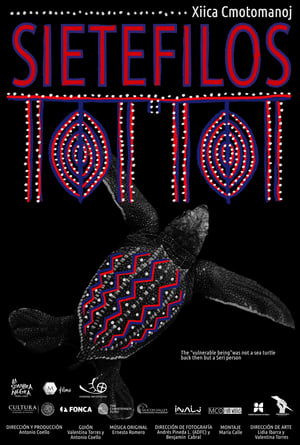 0.0
0.0Seven Ridges(es)
In a desert by the sea, a culture survives modernity. A grandmother and her granddaughter intertwine in estrangement over memory. The myth sheds controversy; time falls in dreams of sand, old songs and rock music.
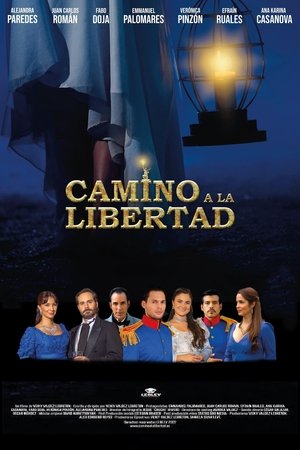 1.5
1.5Camino a la libertad(es)
1820. A group of patriots forge the independence of Guayaquil and Ecuador.
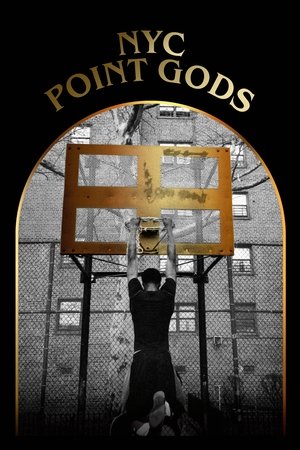 0.0
0.0NYC Point Gods(en)
An in-depth look at the legendary point guards of New York City who honed their craft and developed their legendary showmanship in the 1980s and ’90s. The documentary spotlights the ascent of Rafer Alston, Kenny Anderson, Mark Jackson, Stephon Marbury, God Shammgod, Kenny Smith, Rod Strickland and Dwayne “Pearl” Washington in the midst of a cultural renaissance.
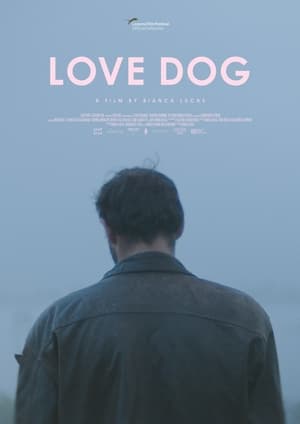 0.0
0.0Love Dog(en)
After finishing a job on a Texas oil rig, John returns to his home town in Mississippi - where he will confront not only his own repressed trauma, but that of a society grieving dying American myths.
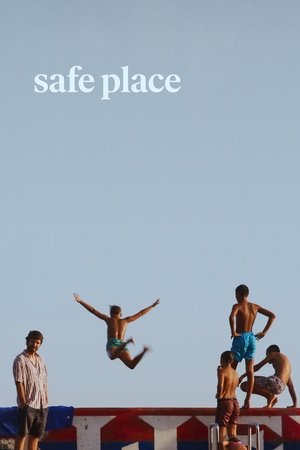 5.9
5.9Safe Place(hr)
A traumatic event – a sudden suicide attempt – opens a gap in the everyday life of a family of three. Their lives change fundamentally, as if they've been pulled into a war invisible to everyone else. The plot is limited to the most acute, a short period of time and a situation that boils down to the most important thing – to save a loved one. The film was based on the personal experience of the director, who also plays the leading role.
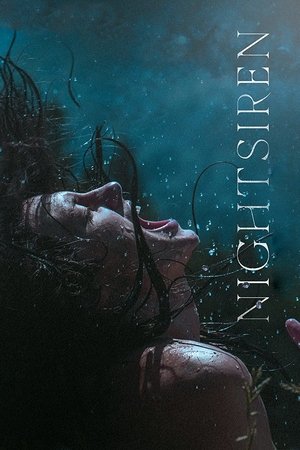 5.6
5.6Nightsiren(sk)
A mysterious woman returns to her mountain village home to confront her painful past. As she tries to uncover the long-buried truth, the local villagers accuse her of witchcraft and murder.
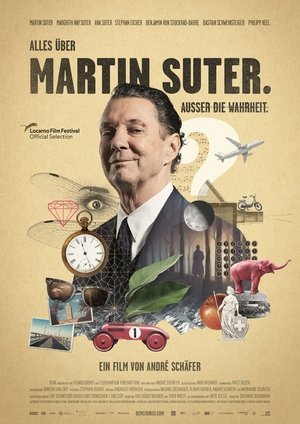 6.0
6.0Everything About Martin Suter. Everything but the Truth.(de)
This film is not a classic portrait but a documentary using fiction to bring Martin Suter’s novels to life while introducing us to the author behind the stories on a whole new level. ‘Fantasy is usually more true than reality itself’ says Suter.
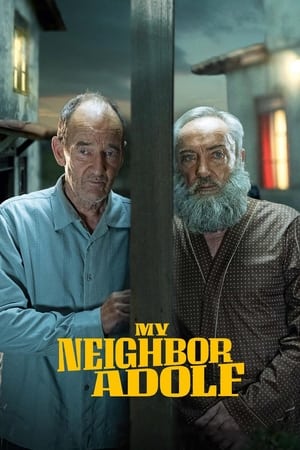 6.7
6.7My Neighbor Adolf(en)
South America, 1960. A lonely and grumpy Holocaust survivor convinces himself that his new neighbor is none other than Adolf Hitler. Not being taken seriously, he starts an independent investigation to prove his claim, but when the evidence still appears to be inconclusive, Polsky is forced to engage in a relationship with the enemy in order to obtain irrefutable proof.
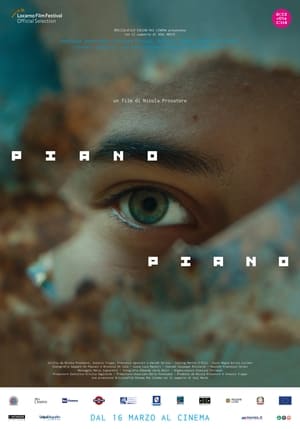 6.1
6.1Piano Piano(it)
Anna is 13, on the keyboard of the piano she should learn to play are her tricks stolen from her mother. Her meeting with Peppino and Mariuolo will make her to take the step that separates childhood from the future.
